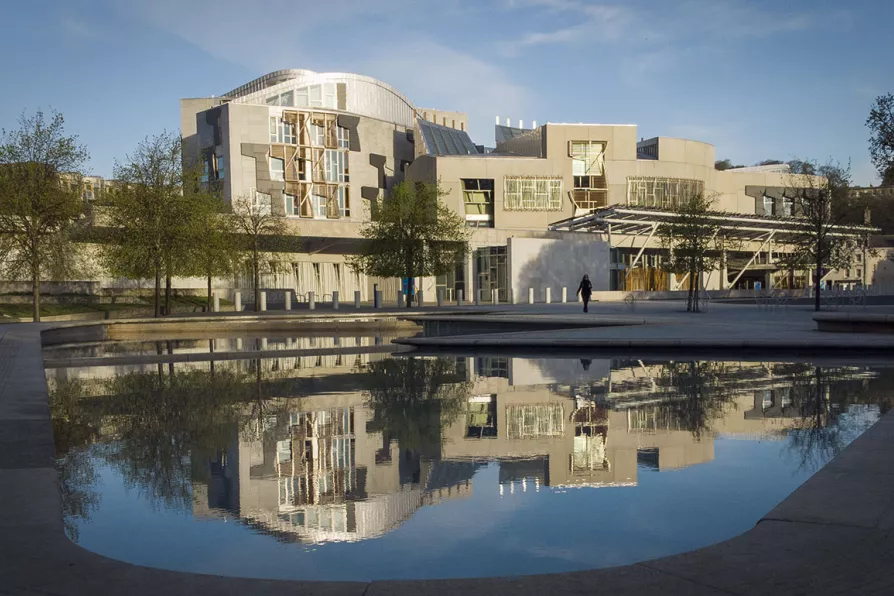Eighty-one years after the liberation of Auschwitz, the threat of far-right extremism is resurging – the lessons of history demand unity, organisation and resistance, argues SABBY DHALU

 The Scottish Parliament building at Holyrood in Edinburgh, April 29, 2021
The Scottish Parliament building at Holyrood in Edinburgh, April 29, 2021
WE COULD spend some time in this column debating the question saturating the mainstream media in Scotland: is Nicola Sturgeon capable of crocodile tears? This is the accusation levelled at her by the Tory Secretary of State for Scotland, Alister Jack, after a teared-up performance by the former first minister at the UK Covid inquiry in Scotland.
Instead, I want to raise some strategic concerns for the Scottish left. For this year we mark the 10th anniversary of the referendum on Scottish independence. In the 10 years that have followed that defining event, the Scottish left has gone backwards — the Radical Independence Campaign (RIC) wound itself up in 2021, by which time the left advance under Jeremy Corbyn had dissipated in the Scottish Labour Party.
Both the left that argued for independence as a way of advancing socialist objectives and the left that I am and was part of in 2014, that argued independence would impede not enhance the prospects of radical change, has suffered serious reverses.

VINCE MILLS gathers some sobering facts that would inevitably be major obstacles to any such initiative

That Scotland was an active participant and beneficiary of colonialism and slavery is not a question of blame games and guilt peddling, but a crucial fact assessing the class nature of the questions of devolution and independence, writes VINCE MILLS












